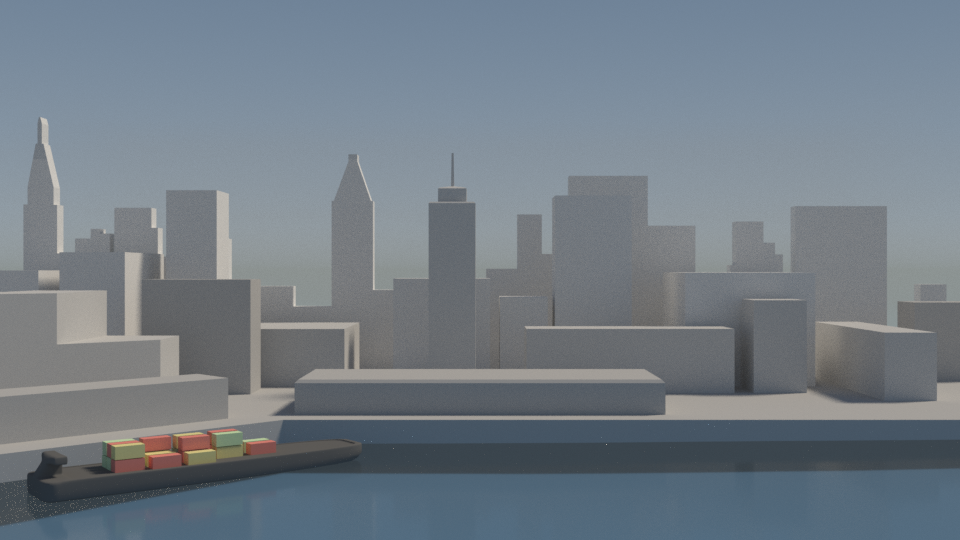![]()
Not every American has the same access to clean air, nor do the Americans who emit the worst pollution, deal with the consequences. Instead, the pollution ends up tormenting other citizens.
According to a new report published in the Proceedings of the National Academy of Sciences of the United States of America, “on average, black and Hispanic minorities bear a disproportionate burden from the air pollution caused mainly by non-Hispanic whites.”
Pollution affects the United States in many ways, through dirtying the air, lakes, water and more. Senior biology major Nathan Jacobs said, “The simple answer is that if there are more people, they are more likely to produce waste products that pollute the environment. For this reason, places that have more people, like big cities, usually experience more pollution.”
When people are exposed to fine particulate matter, it can be a major health risk. In the United States, this exposure resulted in 63 percent of deaths from environmental causes and 3 percent of deaths from all causes, according to the report. Even though cities typically emit more pollution, it is not the only place that people’s bad habits affect.
“Other areas can also be significantly affected by pollution based off of their location. For example, a stream or river a few miles downstream of a wastewater treatment plant, like the one near JBU, is more likely be significantly polluted than the stream that flows by a town a few miles upstream,” Jacobs said. “Sager creak actually experienced a significant fish die-out a few years ago after a significant rainfall as a result of the wastewater treatment plant. The worst affected area was several miles away from the more populated area.”
For people at John Brown University, Jacobs said that students should be aware of pollution and its effects. “When we harm the environment by polluting it, we are actually upsetting a balance that is absolutely vital to our existence. We should be concerned about the effects of pollution for selfish reasons, if for no other reason.”
Junior Allie Welsh said that caring for people and their lack of clean air is an important aspect for students consider to keep the environment clean.
“Our environment, as people, really has an effect on who we are … when you’re disadvantaged, it’s just another setback,” Welsh said. “It’s also hard when it’s like ‘I literally am having trouble breathing and I have asthma and my parents can’t afford to take me to a doctor’ … it’s just another run-off factor.”
According to the report, the black population is exposed to 21 percent more pollution than the population average. The Hispanic population is exposed to 12 percent more than average, whereas the white population is exposed to 7 percent less than average but causes 12 percent more exposure than average.
For Welsh, this hits closer to home because she cares about how her actions impact the people around her, rather than just the environmental impacts.
“I care about people way more. When I think about it that way… [I want to] leave the earth better than I find it,” Welsh said. “It’s not about the [earth] being upset when you leave, but it’s because you want to show people that will use that space after you the dignity and respect they deserve as humans. That’s way we should take care of the environment.”
For students wanting to make a difference today, Jacobs suggests a number of ideas.
“The simplest way to work towards a better environment is simply to be conscious of how our actions impact it. Simple things like recycling or not littering make a big impact. The simple act of spitting your gum on the ground can kill an animal that eats it thinking it is food,” Jacobs said. “For people who want to get more involved, there are a number of organizations formed to help protect the environment. These programs require donations and volunteers and will put on events such as stream cleanup days that average people can get involved in to help work towards a better environment.”





